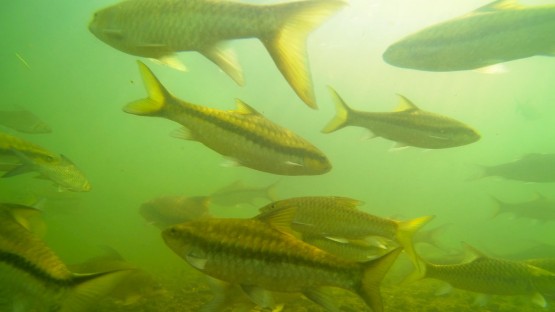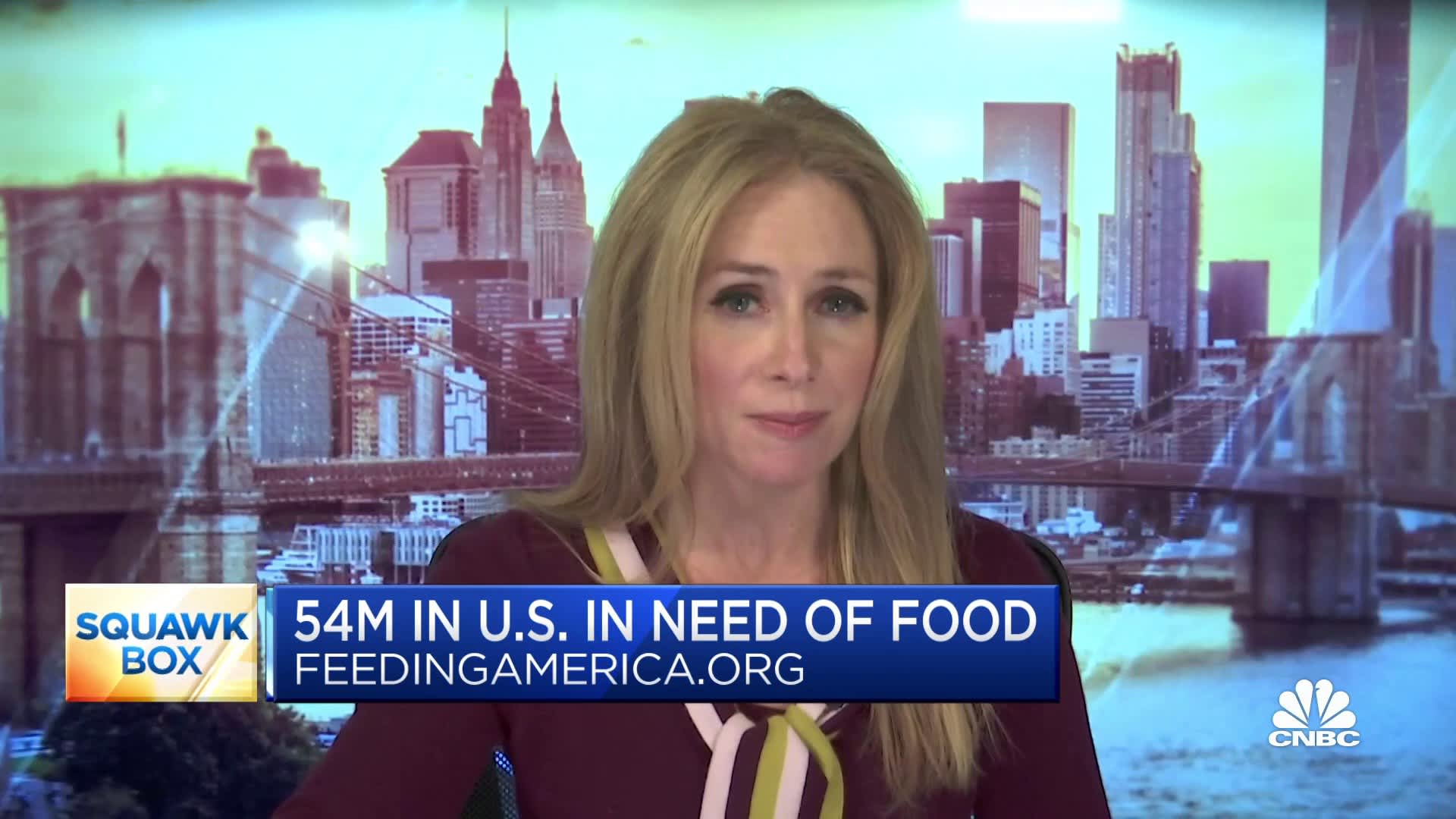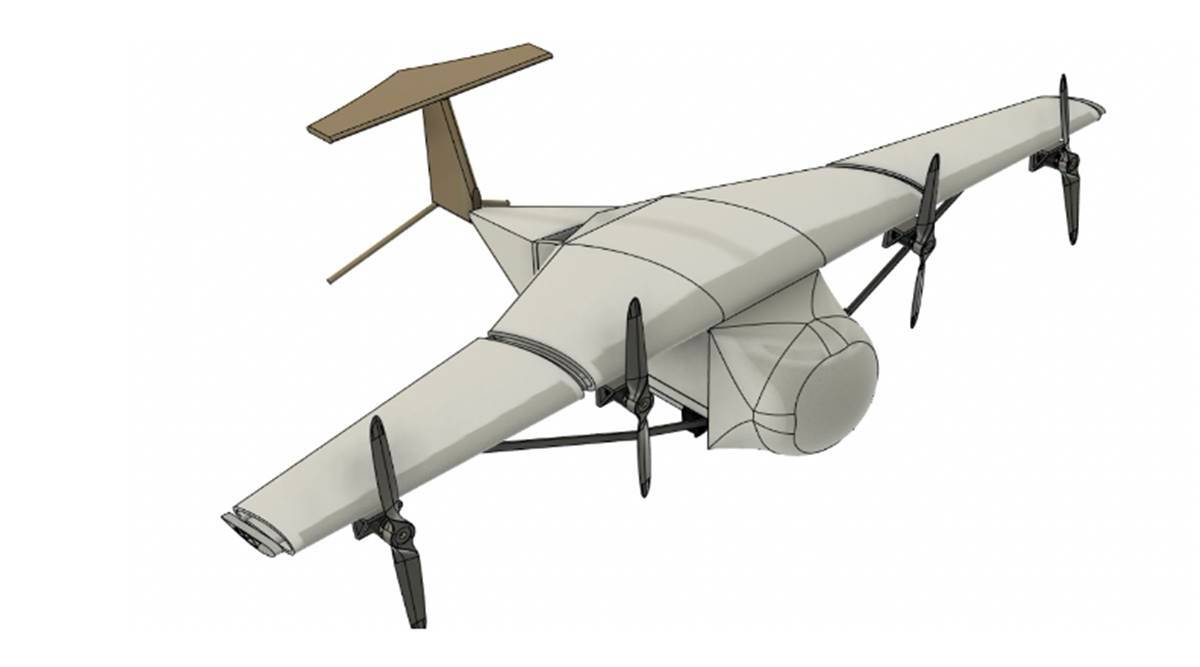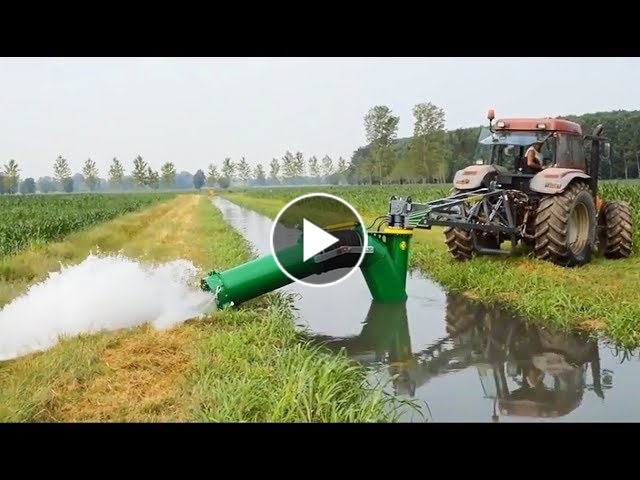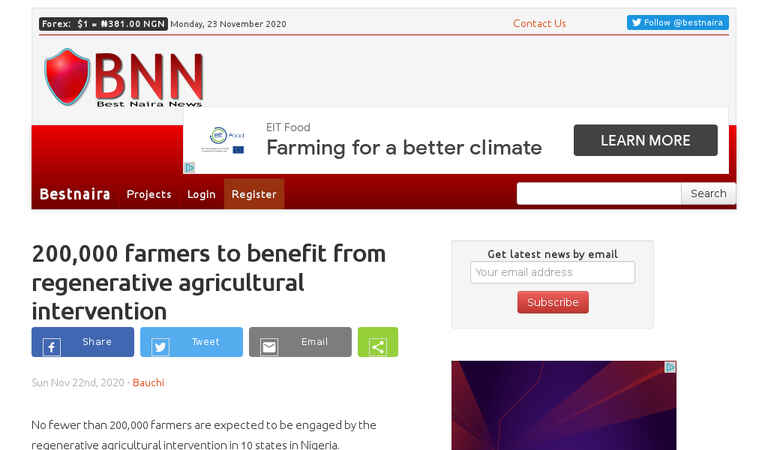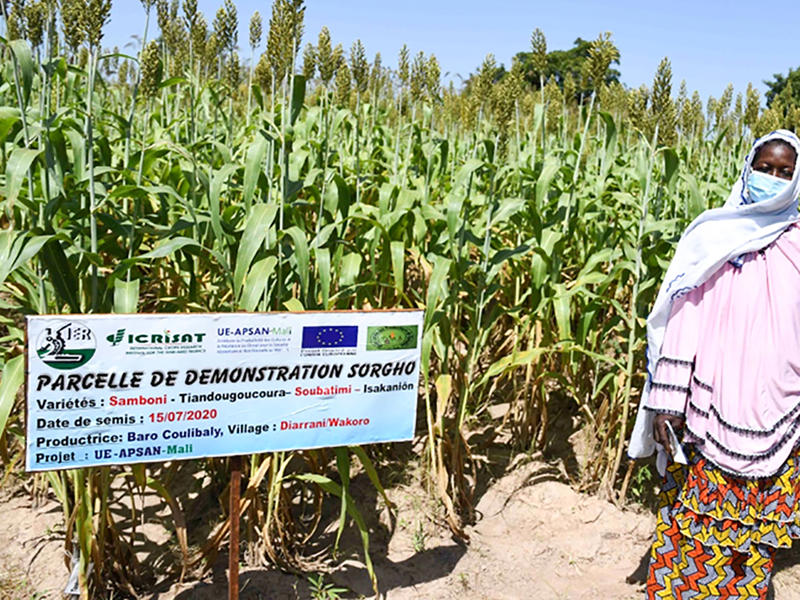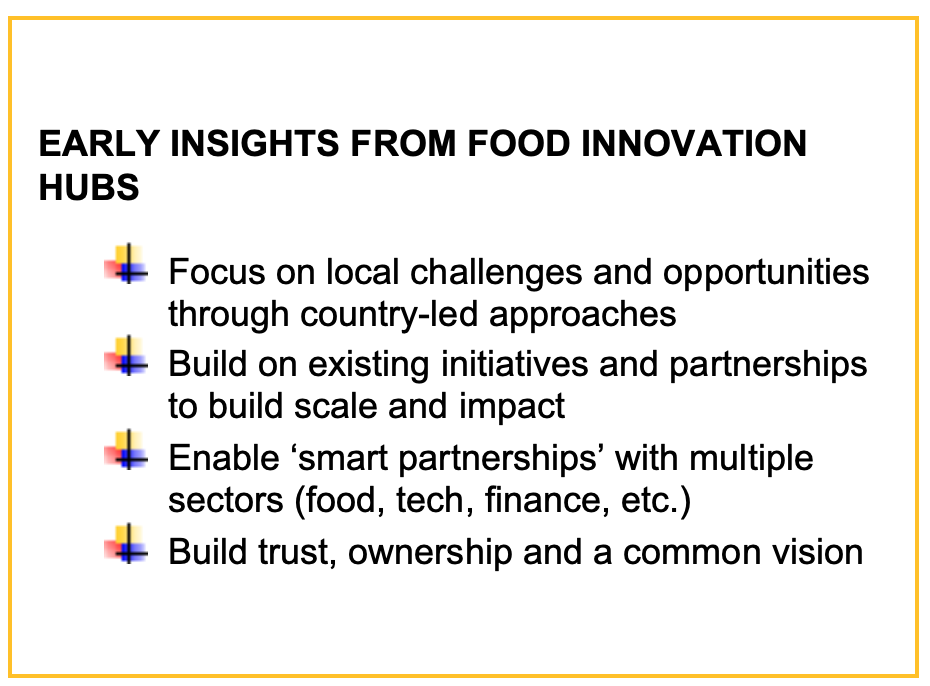 John LaRose Jr.
John LaRose Jr.
Topics: Agriculture Global, Sustainability, Ag India, World Hunger, World Population, Coronavirus/COVID,
Sustainable Measures Help Farmers Script a Positive Story Amid COVID-19 Uncertainty
As India continues to grapple with the COVID-19 pandemic and a growing number of deaths, farmers here have been fighting a battle of their own against volatile pricing, uncertain demand and lack of ac
-
(1)
-
Bookmark
- Comments (0)
11/26/2020 SOURCE: www.cnn.com
"The Last Dance" was filled with hot dishes about Michael Jordan's time with the six-time champion Chicago Bulls. Now, some proceeds from the Emmy-winning documentary will go toward hot dishes for the nation's hungry.
Michael Jordan donates $2 million from hit documentary to feed America's hungry
-
(0)
-
Bookmark
- Comments. (0)
 John LaRose Jr.
John LaRose Jr.
Topics: Fishing (Commercial), World Hunger, World Population, Education,
Community conservation reserves protect fish diversity in tropical rivers | Cornell Chronicle
A collaboration between researchers from Cornell and the University of Wisconsin-Madison has found that small, community-based reserves in Thailand’s Salween River Basin are serving as critical refuges for fish diversity in a region whose subsistence fisheries have suffered from decades of overharvesting.
-
(1)
-
Bookmark
- Comments (0)
11/25/2020 SOURCE: www.cnbc.com
CNBC's Becky Quick explains the pervasive problem of food insecurity in the United States as the pandemic rages on and how people can help.
Millions of people in the U.S. are in need of food—Here's how you can help
-
(0)
-
Bookmark
- Comments. (0)
 John LaRose Jr.
John LaRose Jr.
Topics: Drones UAV, Ag India, Ag Innovation, World Hunger, World Population,
Drone-a-thon 2020: How ‘Made in India’ drones could help revolutionise agriculture, health sector
Drones can be used as a crucial tool to benefit law enforcement in the future and there have been few examples already where the technology has been used to spot the offenders
-
(0)
-
Bookmark
- Comments (0)
 John LaRose Jr.
John LaRose Jr.
Topics: Organic, Beekeeping, Sustainability, World Hunger, World Population, Pollinators,
Etruscans Transported Bees by Boat to Reach the Best Flowers!
The discovery of an ancient Etruscan honey harvesting workshop at Focello in Italy, and the analysis of charred remains unearthed at the site, has let archaeologists to propose a remarkable
-
(0)
-
Bookmark
- Comments (1)
 John LaRose Jr.
John LaRose Jr.
Topics: Irrigation, Water, Equipment/Machinery, Ag Innovation, World Hunger, World Population,
The most amazing machines in the world
Modern, unusual and amazing machines of agriculture and technology Music: 1. Break You In 2. Donors 3. Cruise 4. Dub Step In the Right Direction If you have any questions regarding the use of video content or any other questions or suggestions, write to the email address: vabubmail@bigmir.net
-
(0)
-
Bookmark
- Comments (2)
 John LaRose Jr.
John LaRose Jr.
Topics: Crop Consultant, Sustainability, World Hunger, Ag Africa, World Population, Regenerative Agriculture,
200,000 farmers to benefit from regenerative agricultural intervention | Bestnaira.com
No fewer than 200,000 farmers are expected to be engaged by the regenerative agricultural intervention in 10 states in Nigeria. x The regenerative initiative, the first of its kind in Nigeria would be piloted across Kano, Cross River, Jigawa, Kaduna,
-
(0)
-
Bookmark
- Comments (0)
 John LaRose Jr.
John LaRose Jr.
Topics: Corn/Maize, Water, Sustainability, World Hunger, Ag Africa, World Population, Weather,
Farmers in Mali endorse climate-resilient and high-yielding crop varieties | News Break
Farmers in Mali, who volunteered to grow climate-resilient and locally adapted varieties of sorghum, pearl millet, groundnut and cowpea crops under the UE-APSAN-Mali project, demonstrated the superior features of their crops during a field visit by other farmers, seed producers and local officials. Small groups of selected highly motivated farmers identified through project implementing partners had carried out testing trials and demonstrations on their pilot plots.
-
(0)
-
Bookmark
- Comments (0)
11/21/2020 SOURCE: www.weforum.org
To ensure everyone in the global food system can benefit from technology, Food Innovation Hubs will drive solutions to meet local challenges and scale impact.
How Food Innovation Hubs will scale technology to transform our food system
-
(0)
-
Bookmark
- Comments. (0)




